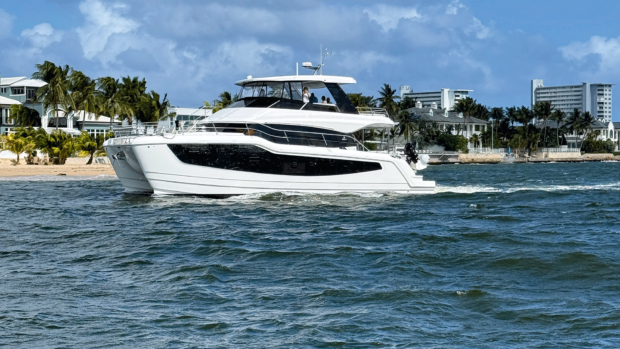Following four years of CPI + 2% rises, the Environment Agency is set to trim the licence fee increase to an inflation-only adjustment
Boatowners could see their navigation charges rise by inflation only in 2015, under new proposals from the Environment Agency (EA).
The government body is currently discussing plans to implement a real terms freeze, with fees adjusted for inflation only, after four years of charging inflation plus 2%.
The June level of Consumer Price Index (CPI) inflation is 1.9% and the July 2014 rate would be used as the benchmark for calculating the 2015 charges.
Angela Morris, environment and business manager for navigation at the EA, said: “We took this approach to both keep track of increasing costs, and to increase the contribution made by boating customers to the costs of delivering navigation services.”
The plans have been put to a customer consultation, which runs until 30 August, and the final decision will be made by November, at which point licence renewal letters will be sent out to all boatowners moored on EA waterways.
This process will be followed up with an off-season consultation to create a three-year charging plan that will last until 2018.
The news has been met with cautious approval from boat owner associations, with the Association of Thames Yacht Clubs calling it “a bit of a victory”.
Tony Riley, general secretary of the Thames Motorboat Owners Association, told MBM: “While we welcome the EA’s proposal to limit the 2015 increase to inflation only, a complete review of river funding and licence fee structure is long overdue.
“Powered craft licence fees are an easy target and have become the mainstay of revenue income but boaters have no guaranteed levels of service delivery.
“We will continue to press for greater transparency and a fairer distribution of charges across all categories of river users.”
In its announcement, the EA paid tribute to the important income generated by boat registrations, which made up 30% of its funding in the 2013/14 financial year.
EA boat registrations have remained relatively static in the past decade, the agency adds, with 14,027 registered last year compared with 13,771 in 2003.










